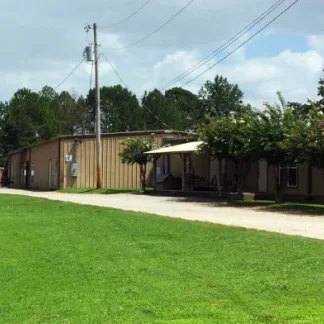Mission Teens - Restoration Ranch
Tuscumbia, Alabama, 722 Little Israel Road, 35674
Available Programs
- Adult program
- Program for men
- Program for women
- Young adult program
Insurance and Financial
- Self-pay options
- Sliding scale payment assistance
- Medicaid
- Medicare
- Free
About this Facility
Restoration Ranch is a non-denominational Christian Discipleship ministry located in Northport, AL. Restoration Ranch specializes in the treatment of mental health and substance abuse.
Mission Teens, Inc. is a non-denominational Christian Discipleship ministry dedicated to helping people who struggle with life-controlling problems by ministering the Gospel of Jesus Christ to them. We believe that the Gospel should be free to all.
Almost all of our staff are graduates of the discipleship training program. They do not receive any salary, but work as missionaries, giving back their life to serve the Lord by reaching out to others. The Assistant Executive Directors at each center work directly with the Executive Director to train the staff, oversee the general condition of the buildings and raise the necessary support, as well as teach, counsel, etc.
Contact us for more information: (256) 381-0930

Contact Mission Teens - Restoration Ranch
Connect with Mission Teens - Restoration Ranch by calling their admissions team directly.
(256) 381-0930 Website Get Directions